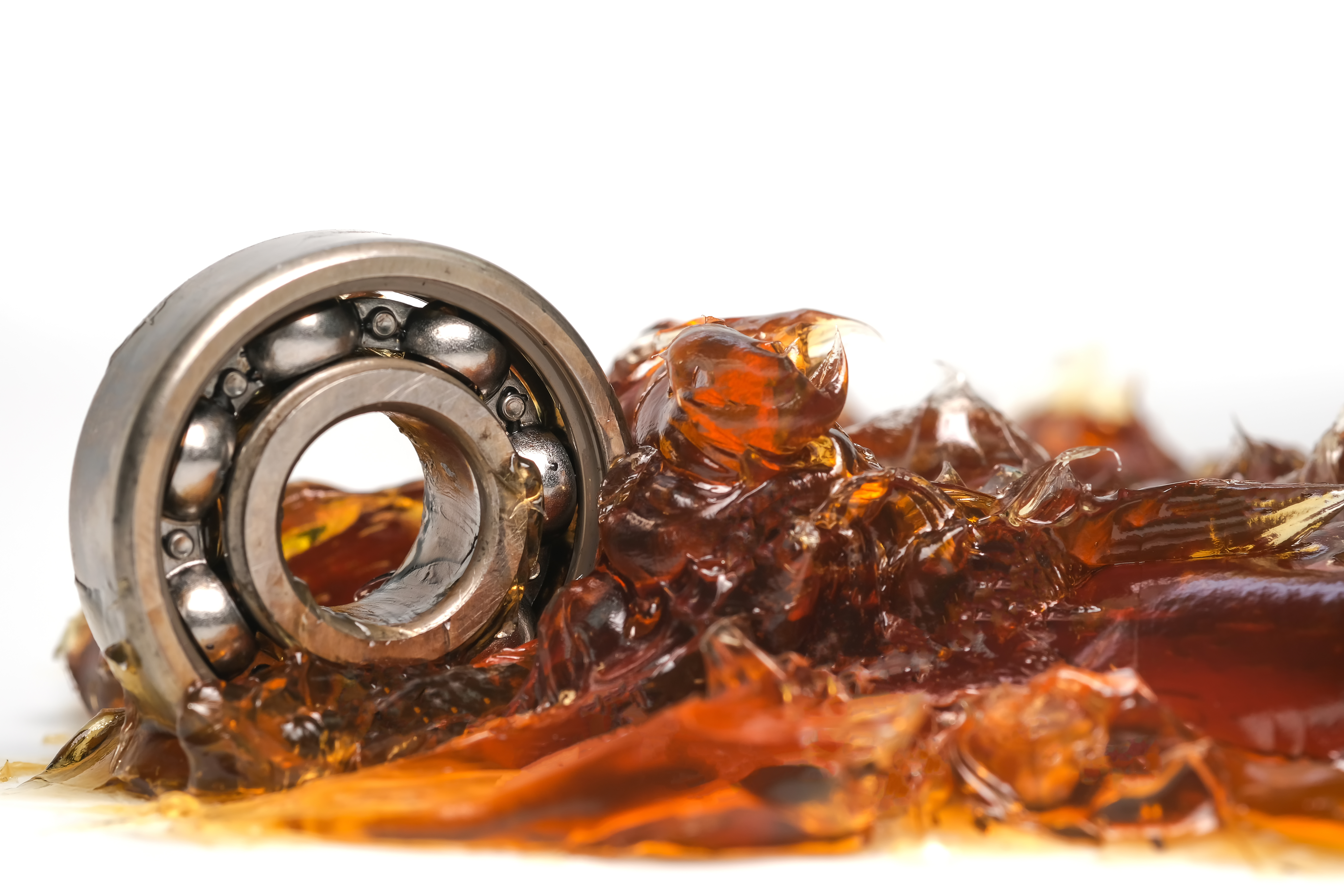Preparing for Fall - Doug's Tip of the Month

We know it’s only summer, but fall will be here before you know it! Now’s the perfect time to get ahead of the season by preparing for colder weather. Don’t wait until the first frost—start stocking up on glycols and antifreeze now to ensure you're ready when temperatures drop.
Think Colder!
- Preparing for cold weather operation is a combination of several facts
- verifying coolants are in optimal condition
- verifying the correct engine oil and viscosity for cold seasons according to OEM recommendations. Lighter viscosity engine oils allow for easier startups in cold weather.
- Training equipment operators and drivers of proper cold weather startup and warm-up procedures. Keep in mind excessive idle time is as detrimental to equipment and lubricates as no warm-up time.
- Thickening fluid can create resistance to flow through a filter which could result in filter damage or bypass.
- Greasing before the cold months allows grease to flow better thus purging old grease and contaminants.
Why Warm Up and Consider Using Lighter Viscosity Engine Oils:
- The majority of wear in engines, up to 80% of wear, can be attributed to cold start-ups.
- Using the proper or lighter viscosity grade of oil can significantly reduce wear and the lubricant can flow to moving parts of the engine much quicker.
- Warm up cycles for an engine should be long enough to bring the engine up to normal operating temperature which will minimize wear and can extend the service life of parts, such as turbochargers, bearings and piston rings. The need for DPF cleaning can be impacted positively by a proper warm-up procedure.
Things to Test Before the Cold Weather is Here:
- Block heaters, aid in keeping the coolant at a warm temperature when the vehicle is parked.
- Proper sizing of a heating element is very important for ultimate coolant temperature. Also, just because the engine temperature is warm at start up does not mean all the other parts in the vehicle have been warmed as well. Letting all components warm up to normal operating temperature before working at 100% is very important.
- With Diesel engines, the DPF checked and/or cleaned as it can impact the warm up procedure.
- Testing DEF heaters for cold operation should be part of the be part of schedule maintenance as DEF can freeze and could cause engine shut down.
- Testing antifreeze for correct Glycol level which is usually optimal at a 50/50 mix.

